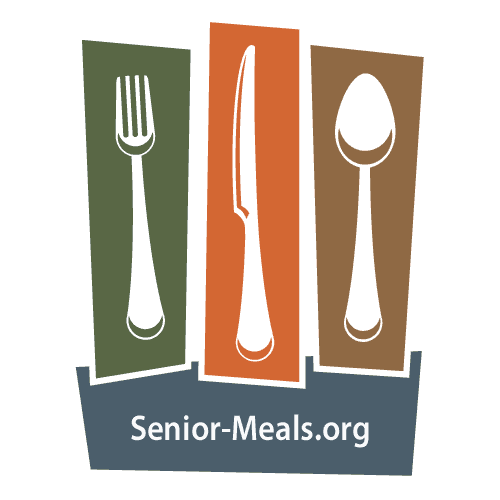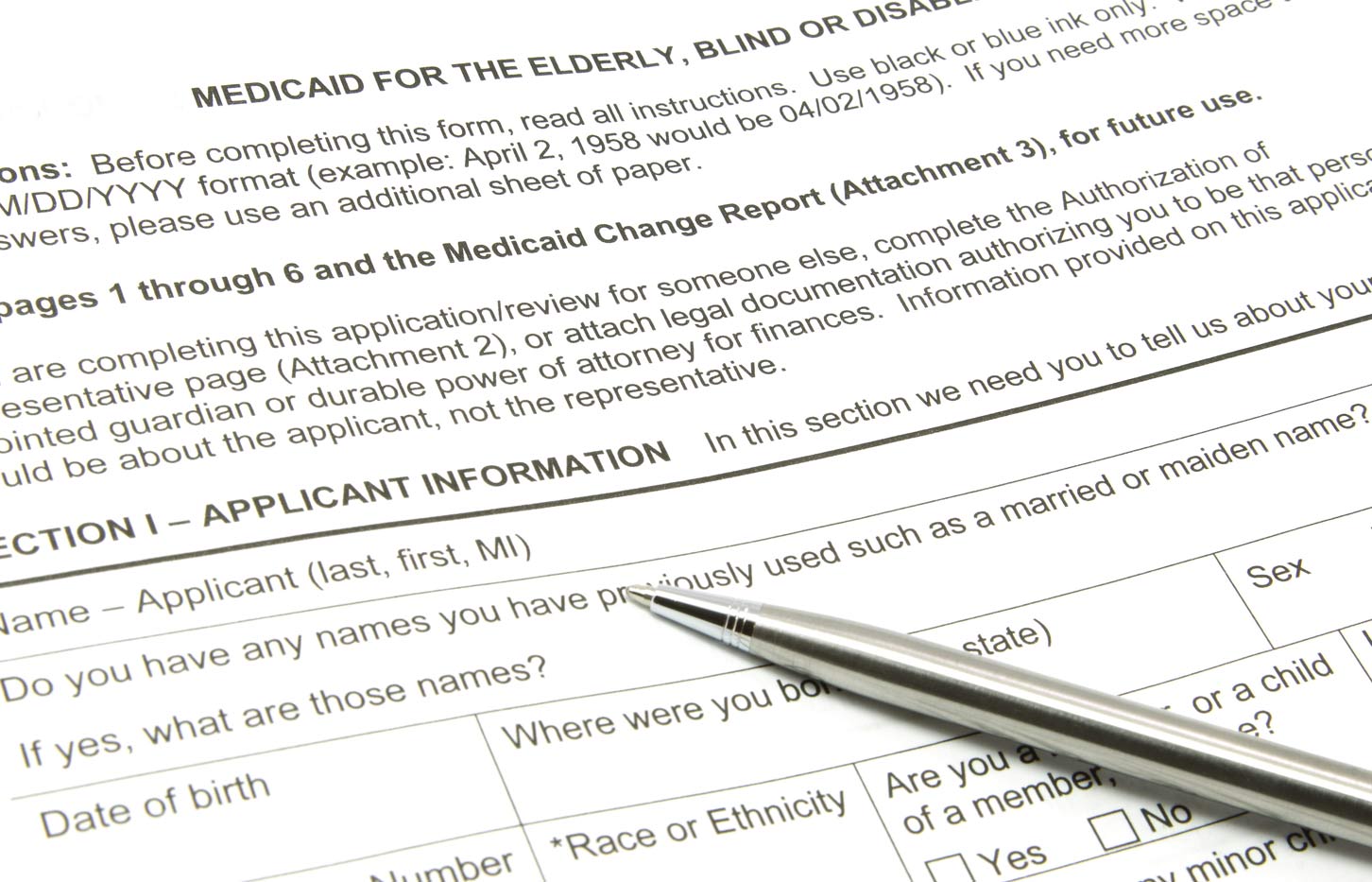Medicaid
Medicaid Meal Delivery Services and Qualifications
Prepared Meals from Medicaid
Seniors and the disabled usually require help for them to continue maintain their home lifestyles. There are many support services that will enable someone who is elderly or disabled to remain at home so they do not have to live in a care facility. If you are a person or know someone that can benefit from Medicaid meal deliveries this is a guide that will help determine what options they have.
If you or someone you know are a senior or you are a person with a disability you may be eligible to participate in Medicaid home food delivery. Under the Social Security Act, in 1981, the federal government established the Home and Community Based Care Services program (HCBS) that provides waivers for meals.
If you are unable to cook for yourself or if you do not have someone that can help you prepare food you can have food delivered to your home rather than meal preparation services. There are a variety of programs that are based on financial and non-financial requirements.
Many programs will deliver food daily, every few days, or weekly to seniors or people that are disabled and cannot prepare their own food.
Medicaid Meals Delivered
Meals will be either frozen, shelf stable or fresh. You will need to check with a program provider to see what they offer. If you have dietary concerns many providers can address those dietary concerns, for instance: pureed, gluten-free, diabetic, vegetarian, or cancer meals can be provided to individuals that qualify.
The program offers nutrition counseling, a reduction of those at risk, and home-delivered meals. In most states the program is instituted by the Medicaid Program. Once you are qualified for the program you will choose from a list of providers. You can choose providers based on the type of service they will offer you. The state has guidelines for each provider so you can be assured that the food is good quality, nutritious and sanitary.
To qualify for the program individuals should be eligible for Medicaid. Medicaid eligibility is determined by the Social Security Administration in your state. Medicaid provides health and supplemental services for the elderly, disabled, pregnant and other eligible people.
You are automatically eligible for Medicaid if you receive supplemental security income, work first family assistance, state and county specials assistance for the aged or disable also known as adult care home assistance, or special assistance to the blind.
Medicaid is also offered if you qualify because your income is 133 percent lower than the federal poverty level; that is approximately $29,700 for a family of four. In order to qualify the person must also demonstrate that they are unable to prepare meals on their own because they are ill, have a medical condition that prevents them from being able to take care of themselves, or are disabled or incapacitated.
Persons that do not have someone that can prepare meals on their behalf will also qualify for the Medicaid home food delivery program. You will need to have a place that can adequately store the meals like a refrigerator or freezer. Also anyone that lacks support for other in-home services that Medicaid would normally pay for may be eligible for the program.
Each state will offer a waiver for the cost of their home delivered meals. Each state will have guidelines on what type of meals the individual can receive. Some of these guidelines will determine if food can be hot, cold or frozen. Some states will have limitations on Medicaid food deliveries and limit them to 1, 2, or 3 meals per day while some will allow snacks also.
Some will allow meals to be delivered while in care facilities some will not. There are also states that require nutrition counseling; counseling maybe 15 minutes up to 1 hour. Some states will pay for dietitian counseling and some will not pay for counseling. The waiver will provide a reimbursement of meals; the eligible participant must find a provider that has meals available for the cost of the maximum reimbursable amount or pay the difference.
The reimbursable amount will be determined by the state and can be as little as $3.00 and as much as $8.00. For instance if your provider provides meals at $5.50 per meal and the state only reimburses $3.00, the eligible participant is required to pay the $2.50 difference in the cost of the meal.
Normally a waiver is approved for a period of time and then a renewal is required. To be eligible for renewal and individual must still meet the requirements for beginning eligibility participation. The provider also has to go through a renewal; you may be required to change providers if they no longer qualify to be a provider under your states guidelines.
Medicaid meal deliveries have special instructions on how meals should be prepared like microwave or special oven temperatures. Some meals do not need to be heated and some meals will arrive already cooked and ready to eat.
Meals will also be required to meet the standards set forth by the United States Department of Agriculture and Health and Human Services Dietary Guidelines so that they contain at least 33.3 percent of the individual’s dietary needs.
Meal delivery companies are required to have a backup plan in case there are emergency conditions that prohibit them from their normal deliveries. This plan is in place incase facilities where food is store and prepared are not accessible, weather related condition prevent staff from delivering or preparing food, electrical and utility outages, and other emergency situations. The food provided can be shelf stable foods. The provider may also have volunteers and other community services to help provide food in an emergency situation so you as the participant will not go without food.
To find out more information about the program and its eligibility requirements possible eligible individuals should contact their:
- Local Department of Aging and Disability
- Local Health and Human Service Commission
These three agencies work closely together to ensure that people with disabilities, the elderly, and low income families are provided the services they need. An assigned case manager from these departments can make a determination of services and connect you with the correct procedure for filing for Medical home food delivery.
Medicaid Meal Delivery Companies
- Top-Rated Mom's Meals - Mom's Meals is a Medicaid waiver and Title III home-delivered meal provider in Alabama, Arizona, Arkansas, California, Colorado, Connecticut, Delaware, District of Columbia, Florida, Georgia, Hawaii, Idaho, Illinois, Indiana, Kansas, Kentucky, Indiana, Iowa, Kansas, Louisiana, Maine, Maryland, Massachusetts, Michigan, Minnesota, Mississippi, Missouri, Montana, Nebraska, Nevada, New Hampshire, New Jersey, New Mexico, New York, North Carolina, North Dakota, Ohio, Oklahoma, Oregon, Pennsylvania, Rhode Island, South Carolina, South Dakota, Tennessee, Texas, Utah, Vermont, Virginia, Wisconsin, and Wyoming.
- Homestyle Direct - Homestyle Direct is licensed, and Medicaid approved in the following States: Florida, Idaho, Indiana, Iowa, Kansas, Michigan, Minnesota, Montana, Nevada, New Jersey, New York, Ohio, South Carolina, Tennessee, Texas, Utah, Wisconsin, Wyoming, and potentially Colorado, Illinois, Louisiana.

Our reviews are written only
from the viewpoint of a family caretaker who has the responsibility of feeding one or two senior or elderly loved ones. We take into consideration shipping, packaging, storage, reheating, food quality, and price per meal to determine if the meal delivery service is a good value, convenience, and an option to support their family caretaking responsibilities. Advertisers do not influence our reviews.
Copyright 2013 Senior-Meals.org All Rights Reserved. Art commercially licensed through Shutterstock. Senior-Meal.org reviews are not influenced by Advertisers.
Submitting reviews or comments through the use of forms on the website permits us to publish the content you choose to share in your correspondence.




